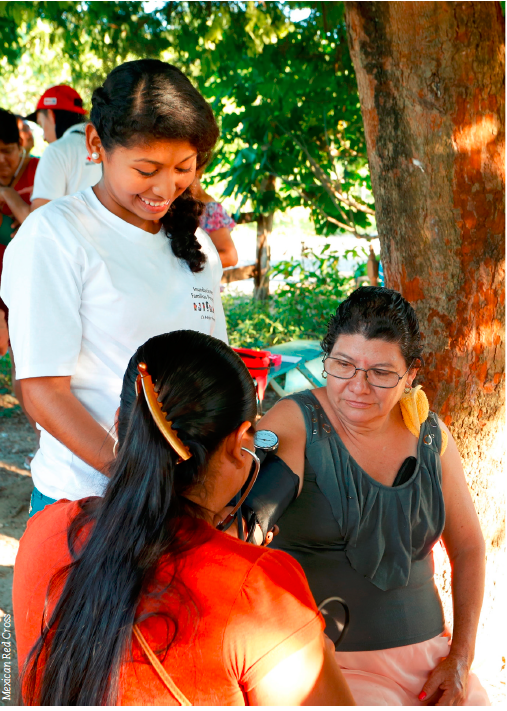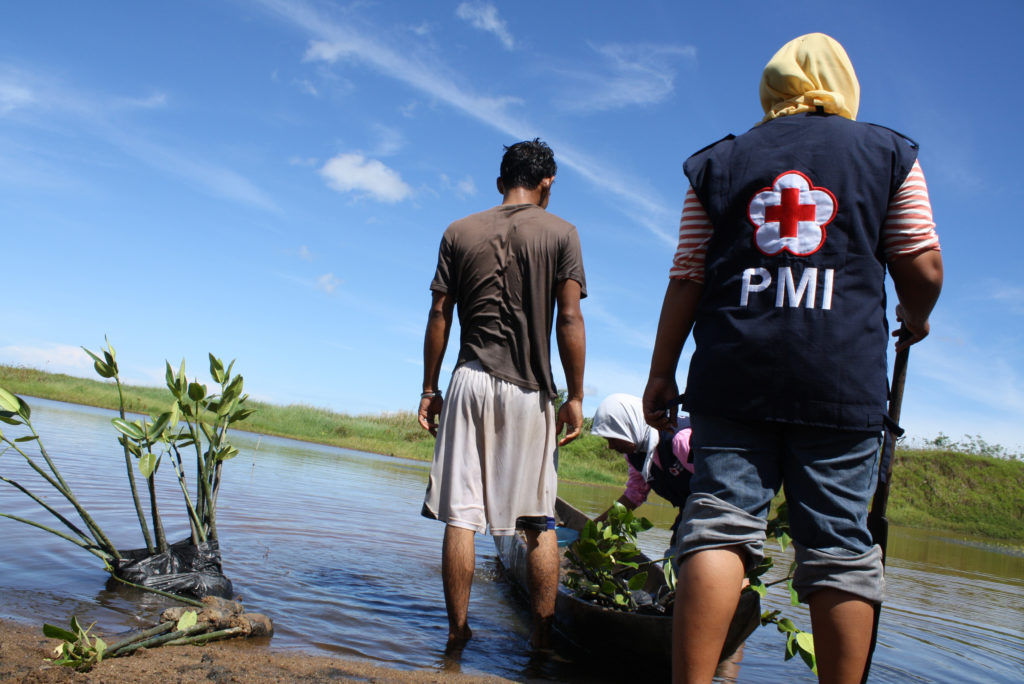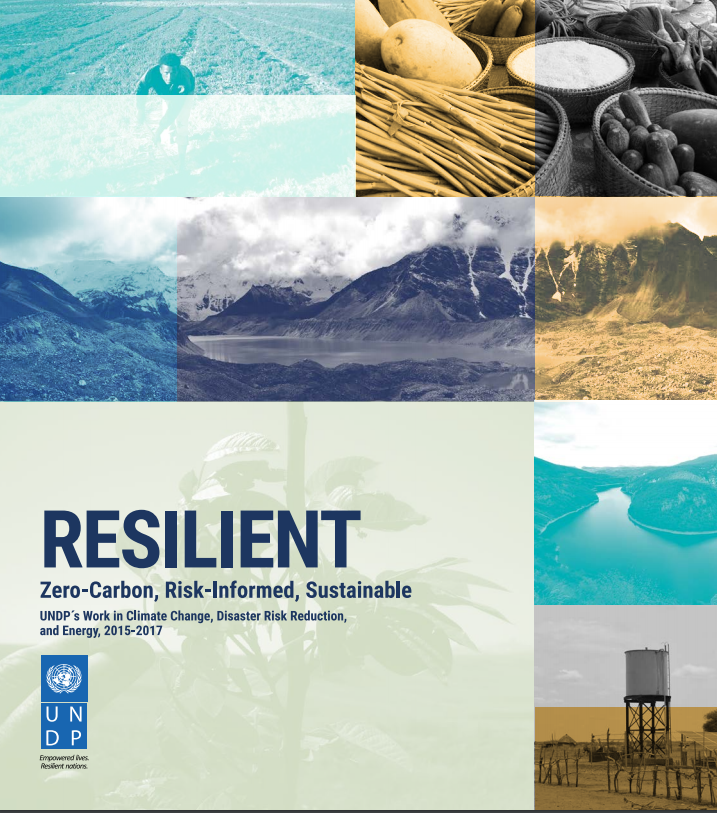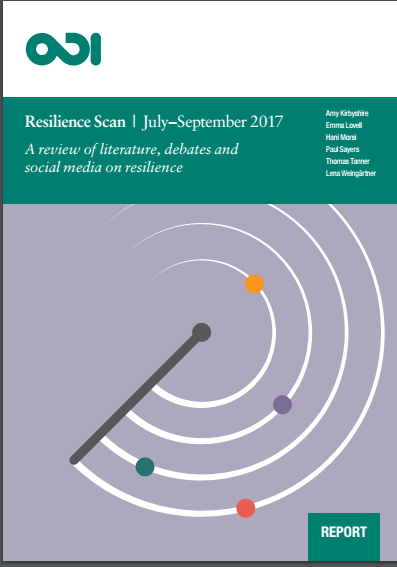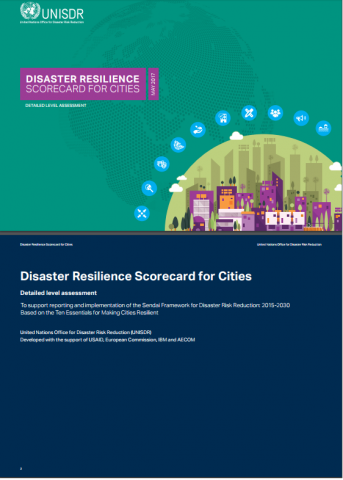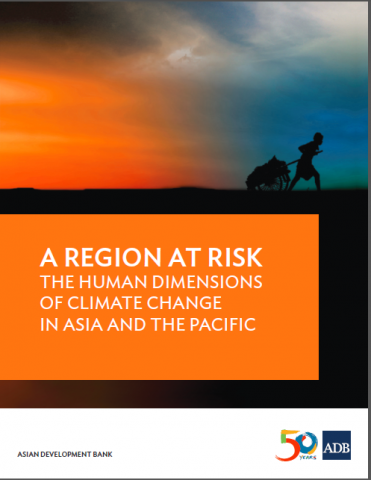Future of Cities: Emerging trends and what they mean for Red Cross Red Crescent
In preparation for the IFRC Startegy 2030, the Solferino Academy consulted with over 100 Red Cross and Red Crescent National Societies and external experts. The results were grouped into the nine futures thematic areas. While these are relevant to urban communities, this paper explores more specific trends shaping the future of our cities.
Future of Cities: Emerging trends and what they mean for Red Cross Red Crescent Read More »

